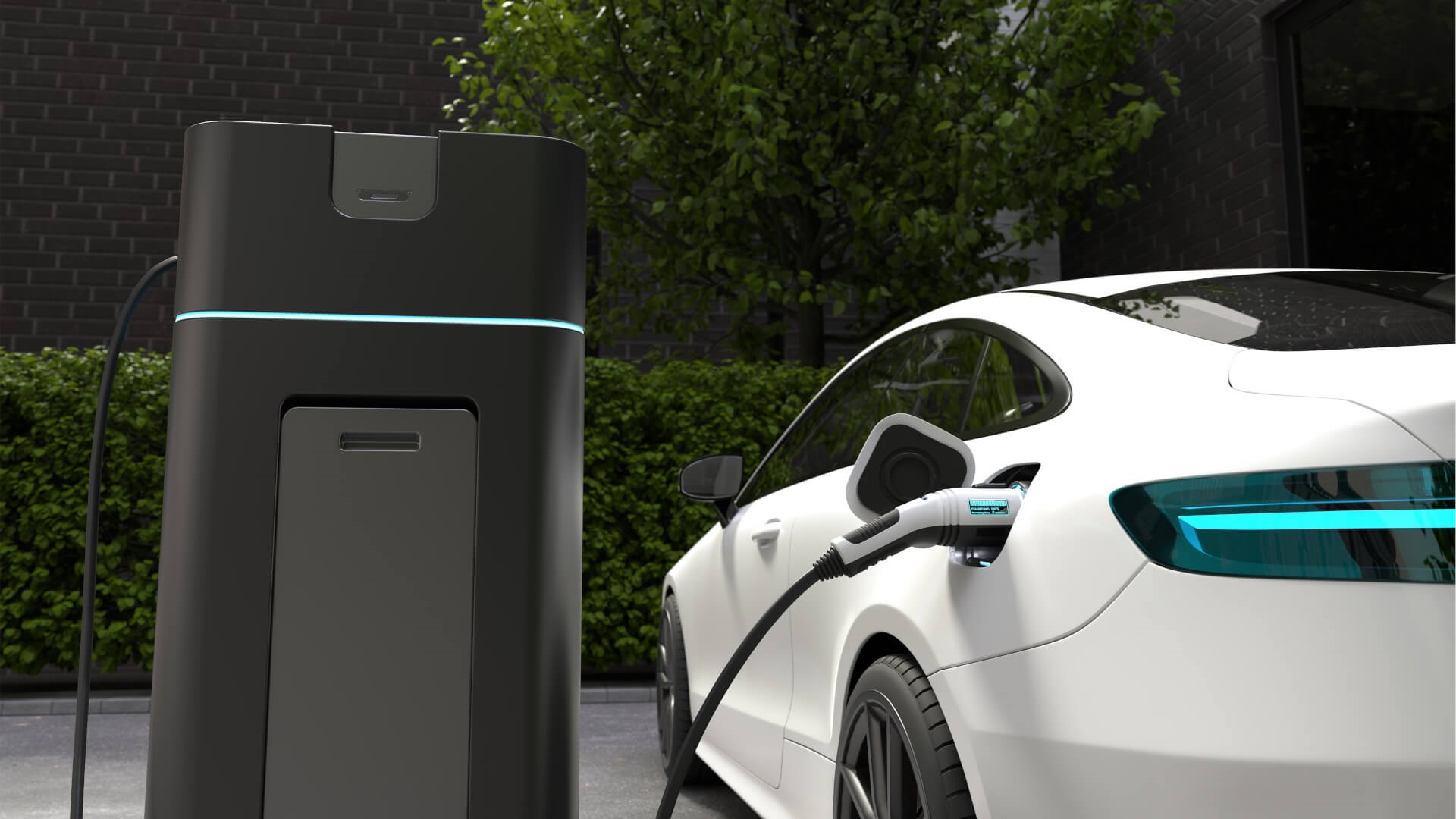The Growing Demand for Electric Vehicle Chargers
As electric vehicles (EVs) become more popular, the need for electric vehicle chargers has grown significantly. More people are choosing EVs over traditional fuel-powered cars due to their environmental benefits and lower maintenance costs. This rising trend has increased the demand for electric vehicle chargers www.gasudeansas.com, making it necessary to expand charging infrastructure in public places, homes, and workplaces.
Types of Electric Vehicle Chargers Available Today
There are different types of electric vehicle chargers available in the market. Level 1 chargers are the most basic and can be plugged into a standard household outlet. Level 2 chargers provide faster charging and are commonly installed in homes and businesses. DC fast chargers, the most powerful type of electric vehicle chargers, can charge a vehicle in under an hour, making them ideal for public charging stations and long-distance travel.
Benefits of Installing Electric Vehicle Chargers
Installing electric vehicle chargers offers multiple advantages. For businesses, having charging stations can attract more customers and increase foot traffic. Homeowners benefit from convenient overnight charging, eliminating the need for frequent visits to public stations. Moreover, expanding the network of electric vehicle chargers supports the transition to sustainable energy and reduces carbon emissions.
Challenges in Expanding Electric Vehicle Chargers Infrastructure
Despite the benefits, there are challenges in increasing the availability of electric vehicle chargers. One major issue is the high initial cost of installation, especially for fast-charging stations. Additionally, the need for a reliable power grid to support numerous electric vehicle chargers can be a limiting factor in some regions. Governments and private sectors are working together to overcome these challenges by offering incentives and investing in research for more efficient charging solutions.
The Role of Governments in Promoting Electric Vehicle Chargers
Many governments worldwide are supporting the adoption of electric vehicle chargers through subsidies and grants. These initiatives encourage businesses and individuals to install electric vehicle chargers, making EV ownership more feasible. Policies that require new buildings to include charging points are also being implemented to ensure the future growth of EV infrastructure.
Smart Technology in Electric Vehicle Chargers
Modern electric vehicle chargers are now equipped with smart technology to improve efficiency. Features such as remote monitoring, mobile app integration, and automated billing systems make charging more user-friendly. Smart electric vehicle chargers also allow for load balancing, ensuring that multiple chargers can function without overloading the power grid. These advancements are crucial for the widespread adoption of EVs.
The Future of Electric Vehicle Chargers
The future of electric vehicle chargers looks promising as technology continues to evolve. Wireless charging and ultra-fast chargers are being developed to make EV charging even more convenient. With continuous investment in research and infrastructure, electric vehicle chargers will become more accessible, allowing for a smoother transition from gasoline-powered vehicles to electric mobility.
Conclusion
The expansion of electric vehicle chargers is crucial for the success of the EV industry. As demand grows, so does the need for efficient and widely available charging solutions. Governments, businesses, and individuals must work together to ensure that electric vehicle chargers are accessible to all, paving the way for a cleaner and more sustainable future.

